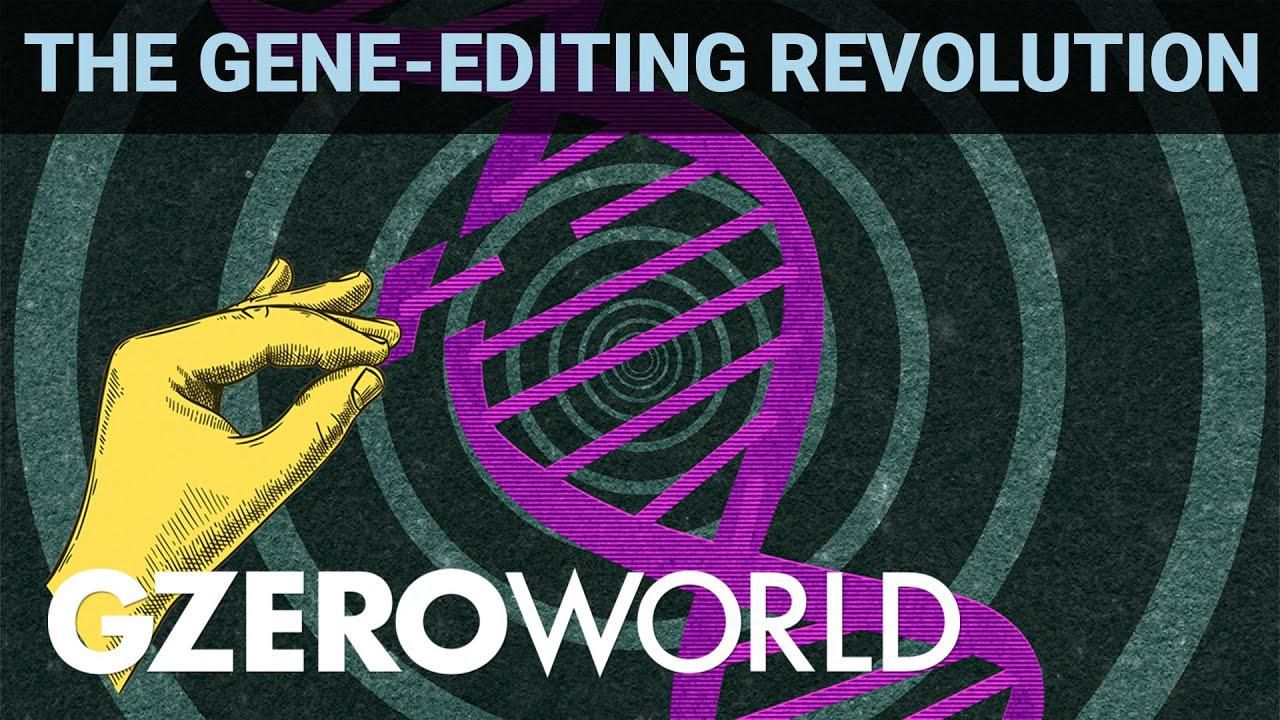
CRISPR stands for Clustered Regularly Interspaced Short Palindromic Repeats. You don't have to remember that, but you should know that this new gene editing technique can literally change life as we know it. Through CRISPR, scientists are now able to precisely edit DNA sequences in living things. They hope to be able to cure genetic diseases like sickle cell anemia and hereditary blindness. CRISPR may even be used to treat cancer and HIV. There's a darker side to CRISPR. What about engineering soldiers who can fight without fear or pain? Many argue that using CRISPR technology—for good or bad—amounts to playing God and that its use should be halted altogether. Others, like the World Health Organization, see enormous potential for the science but want to put limits on its application to prevent humanity from bringing out our own worst traits. Ian Bremmer explains what we know and don't know about the brave new world of gene editing.
Watch the episode: CRISPR gene editing and the human race